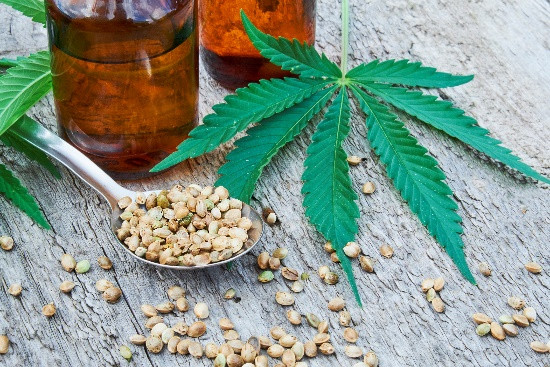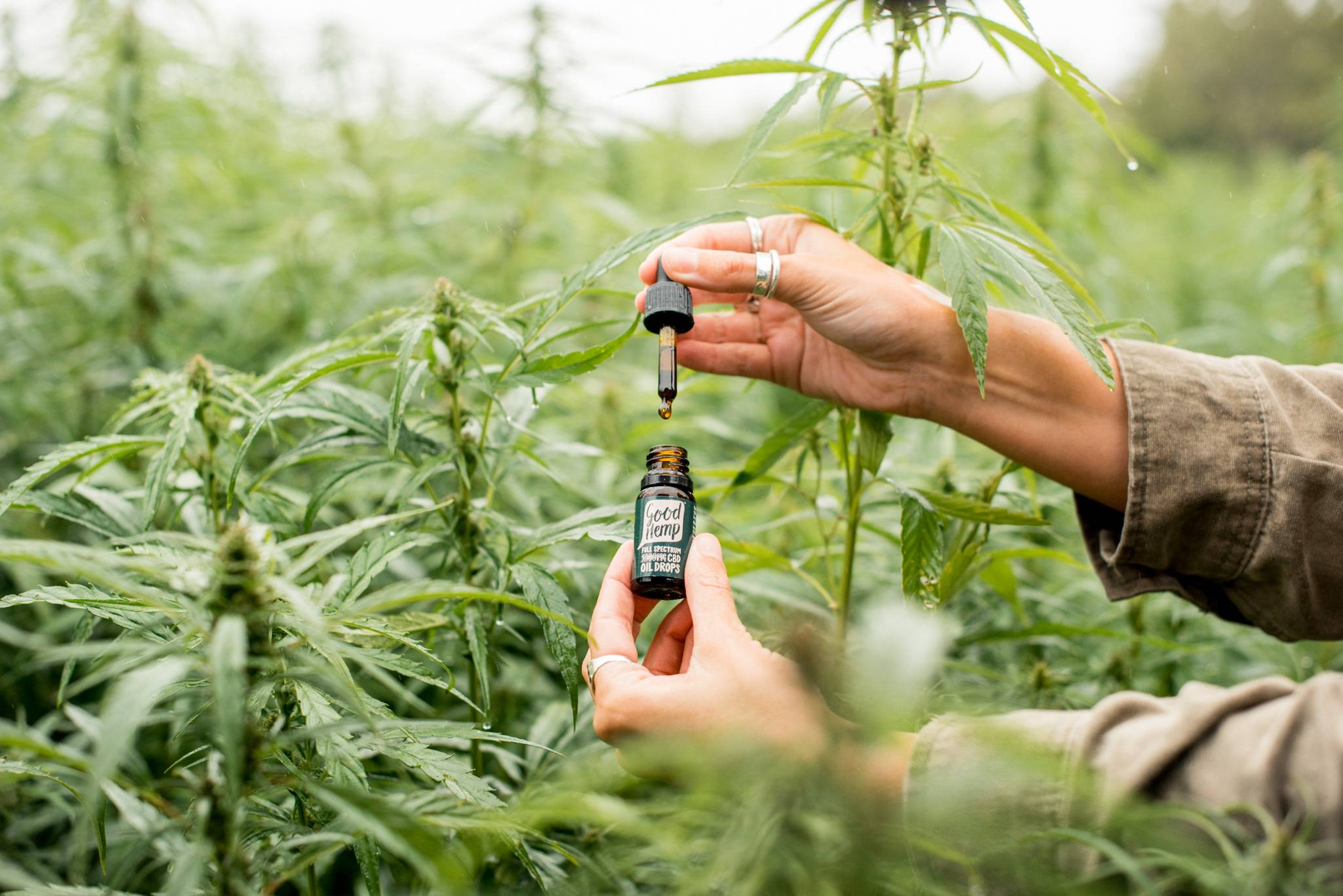
If you're looking for an alternative for pain relief, CBD wellness products may be right for you. CBD works with your body’s endocannabinoid to reduce stress, and inflammation. CBD has been proven to be effective in pain management and anxiety disorders. But if you're not sure if it's for you, you should talk to your doctor.
Chronic pain can make your life miserable and cause you to feel debilitating. This can cause you to be unable or unwilling to work, and even make it harder to enjoy your hobbies. You may need to take medication to relieve your pain. This can lead to side effects. CBD can be used to provide temporary relief from pain without side effects. Although more research is necessary, preliminary studies show that CBD can be used to relieve anxiety symptoms.
CBD has the ability to relieve pain. It can also help improve your sleep. Research has shown that CBD can improve your sleep quality and provide a greater level of pain relief. That's because CBD binds to receptors in your nervous system. This can affect your circadian rhythm which regulates your sleep/wake cycles. By reducing cortisol levels, which are produced by your body, CBD can reduce your level of stress and help you fall asleep easier.

It can be difficult to find the right CBD product. There are many options. You can choose from topicals, tinctures and capsules. Each product has its advantages and disadvantages. It is worth trying several different options before you make a decision. CBD products that are most commonly used are those made from hemp. They are free of psychoactive compounds so they are safe to use.
CBD taken before bed can help you sleep better. CBD products can be taken an hour before bed to reduce the likelihood of waking up during the night. CBD doesn't make you feel sleepy or groggy like traditional sleep aids.
Insomnia can also be a problem for people who take CBD to help with pain. CBD tincture, topical, or gummy can be a great option for those with trouble sleeping. If you are prone to sleeplessness, consult your doctor before taking any prescription medication.
Many CBD products come in capsules. These capsules may be swallowed whole or dissolved with water and then mixed into foods or drinks. Squirting a little CBD under your tongue is the easiest way to consume it. Hold the capsule for around 30-60 seconds. Do this with an empty stomach.

Some CBD products can also be made into powders that can be added to bathwater. CBD powder is available in both flavored or unflavored packets. Caliper produces a line bath products. It offers a variety of products in powder and balm form.
FAQ
Is CBD still a viable alternative?
Yes. This isn't because of the medical benefits it offers, but because of how it makes people feel.
The fact that it doesn't make you feel any different when you use it makes it perfect for those who are looking for an alternative to prescription drugs.
We know that cannabis can help with anxiety, depression, pain relief, insomnia, and other conditions, as evidenced by numerous studies.
Cannabinoids found in cannabis also interact with the receptors in our brains. This interaction creates feelings of relaxation and well being.
Cannabidiol (CBD), oil can be used for health purposes. It's therefore important to fully understand its functions and effects.
How does the price of CBD vary across different states?
Prices for CBD products are dependent on where you live. Prices can vary by as much as ten times depending on where you live.
Prices increase in the north. CBD is expensive in Alaska on average at $35 per gram. It costs in Hawaii around $200 pergram.
This trend is continued across the nation. Prices range from $5 up to over $2,500 for a gram.
Why is it happening?
Price variations are due to the different levels of regulation. Some states require that CBD products contain no THC (the psychoactive ingredient of marijuana). Other states don’t care about how much THC is in CBD products.
This is why some companies decide to sell products in one country and then send them to another.
What is the future of the CBD industry?
The future is bright for the CBD industry. It's easy to see why so many people are jumping on board with this sector. It's easy to see why this market is growing exponentially, with CBD products generating over $1 billion in global sales.
In fact, according to Statista, global sales for cannabidiol (CBD) were expected to reach $22.4 billion in 2019. This is an almost 200% increase from 2018!
The CBD market is also forecast to grow at 22.5% compound annual growth rate, which would result in nearly $6.8B in revenue by 2022.
This is great news, both for new companies and those that are already active in the industry. But, it is important to remember that the CBD industry is still in its infancy. There will be many challenges.
Statistics
- The use of these products is likely to become even more widespread if the World Health Organization's recommendation that CBD no longer is scheduled in the international drug control conventions is adopted by the United Nations member states [201]. (ncbi.nlm.nih.gov)
- OralWhere HED is the human equivalent dose, and Km is a correction factor estimated by dividing the average body mass (BM) of the species (60, 0.020, and 0.150 kg for 11 humans, mice, and rats, respectively) and by its surface area (see: Nair et al. (ncbi.nlm.nih.gov)
- The inhibition of FAAH is predicted to lead to an increase in brain and plasma concentrations of AEA, which acts as a partial agonist at CB1R and CB2R, thereby increasing endocannabinoid tone [92, 110]. (ncbi.nlm.nih.gov)
- As a substance that was federally illegal before the passage of the 2018 Farm Bill, hemp-derived cannabinoids with no more than 0.3% THC still face a regulatory grey area. (forbes.com)
- While the primary injury may not be treatable, interventions that attenuate secondary sequelae are likely to be of benefit [203].Only one study (ncbi.nlm.nih.gov)
External Links
How To
What are the issues that the CBD industry faces?
The market for CBD is growing at an astonishing rate. But, businesses who want to enter this market still face numerous challenges. These include low consumer awareness, high entry costs, limited capital access, regulatory uncertainty, and lack of consumer awareness.
Many consumers do not know what CBD is or how it works. This means that they cannot make informed decisions about whether or not to buy CBD products.
CBD companies heavily rely on word-of-mouth advertising. This can be costly as it involves advertising and staffing to promote the brand.
Another issue for new entrants is the high cost production. It is very expensive to obtain the raw materials required for CBD products. CBD oil is made from hemp that has been grown in particular climates.
Growing enough hemp to make CBD oil takes around $1,000 per acre. Many small farmers are unable or unwilling to invest in this product.
Access to capital is another challenge for new entrants in the CBD market. Many people who want to start a business are discouraged by banks due to the stigma associated with the industry.
Finally, there is regulatory uncertainty surrounding the sale of CBD products. There are no guidelines for how CBD products should market.
While some states have passed legislation restricting CBD products' sale, it has not been adopted as a national policy.
Only Nevada and Maine have so far legalized recreational marijuana.
However, some states like Massachusetts and Michigan are considering similar measures.
These changes could cause increased competition among CBD manufacturers.
As a result of these factors, many entrepreneurs choose to work from home rather than start a physical business.